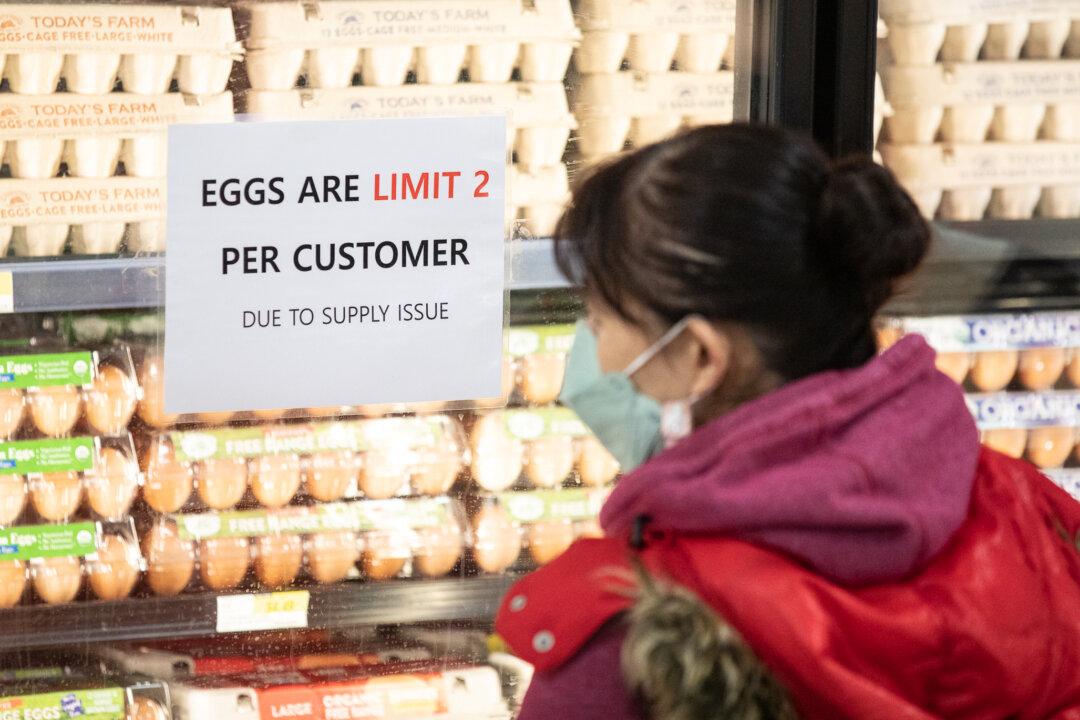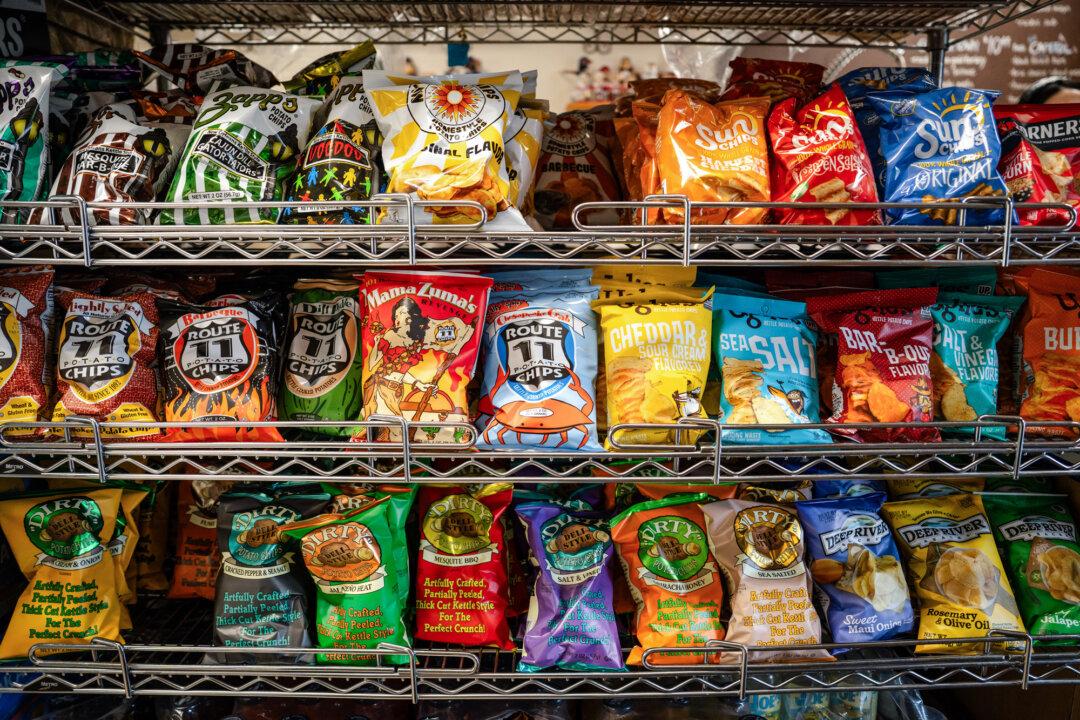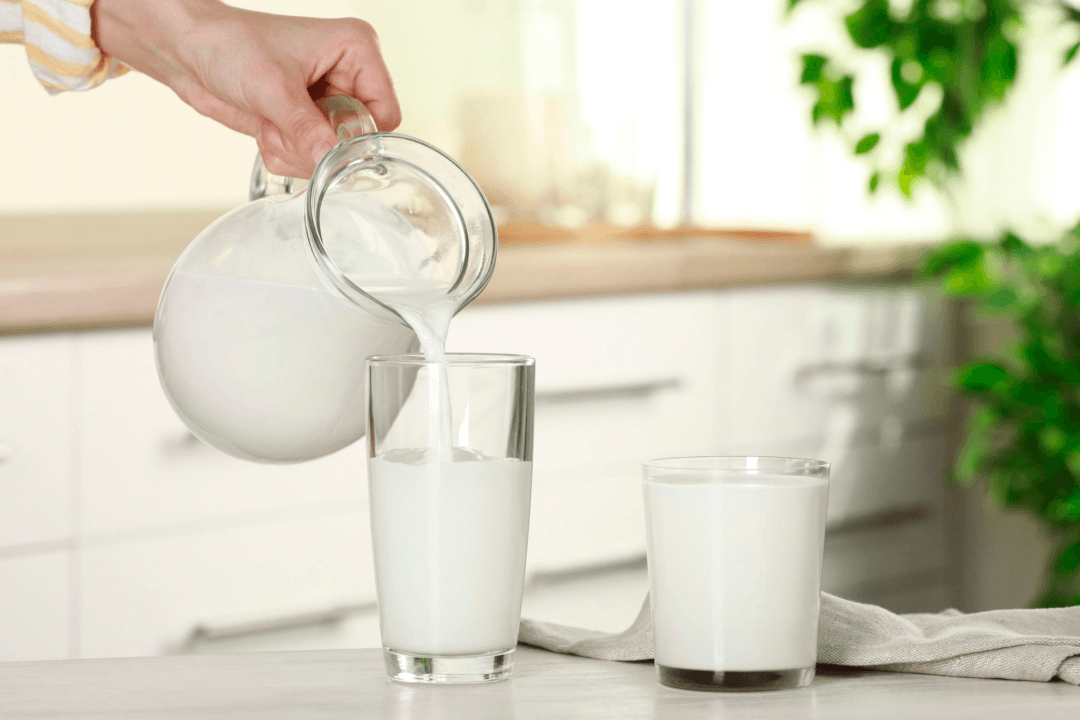Commentary
At the end of January, as America’s egg shortage deepened, news broke that U.S. Border Patrol agents had been seizing record amounts of eggs from travelers passing into the United States from Mexico. Between Oct. 1, 2022, and Dec. 31, 2022, U.S. customs reported a 108 percent increase in seizures of eggs and poultry. Is it any wonder, with prices so much lower in Juárez, Mexico, that enterprising Mexicans might risk a hefty fine to resell a few boxes in Texas for a tasty profit? The real question is whether the cartels, which have long been in the business of diversification, will soon muscle in on the action. Chances are they will.





